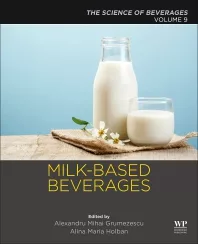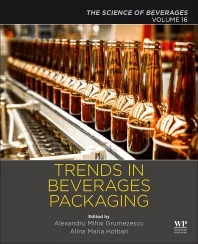Tetra Pak testing fiber-based barrier

Tetra Pak recently completed a 15-month commercial technology validation of a polymer-based barrier replacing aluminum in food carton packages. The company is moving forward with another development: a fiber-based barrier to replace the aluminum barrier. This technology would reduce the company’s carbon footprint and make the post-consumer products more appealing for recyclers, it says. Tetra Pak reported that, although the aluminum layer in food packages is thinner than a human hair, it contributes to a third of the greenhouse gas emissions linked to base materials used by the company. In collaboration with some customers, Tetra Pak currently is testing the new fiber-based barrier, with a pilot batch of single serve packs with this material on the shelf for commercial consumer testing. Further technology validation is scheduled for later this year. “Early results suggest that the package with a fiber-based barrier will offer substantial CO2 reduction when compared to traditional aseptic cartons, together with comparable shelf life and food protection properties,” Gilles Tisserand, the company’s vice president of climate and biodiversity, said in a statement. “We believe the development will therefore act as a breakthrough reducing climate impact.” The initiative “marks yet another breakthrough” in Tetra Pak’s mission in developing an aseptic package that is “fully renewable, fully recyclable and carbon-neutral,” the company says.
Tetra Pak USA, 101 Corporate Woods Pkwy., Vernon Hills, Ill. 60061; 847/955-6000; Tetrapak.com/us
Looking for a reprint of this article?
From high-res PDFs to custom plaques, order your copy today!





